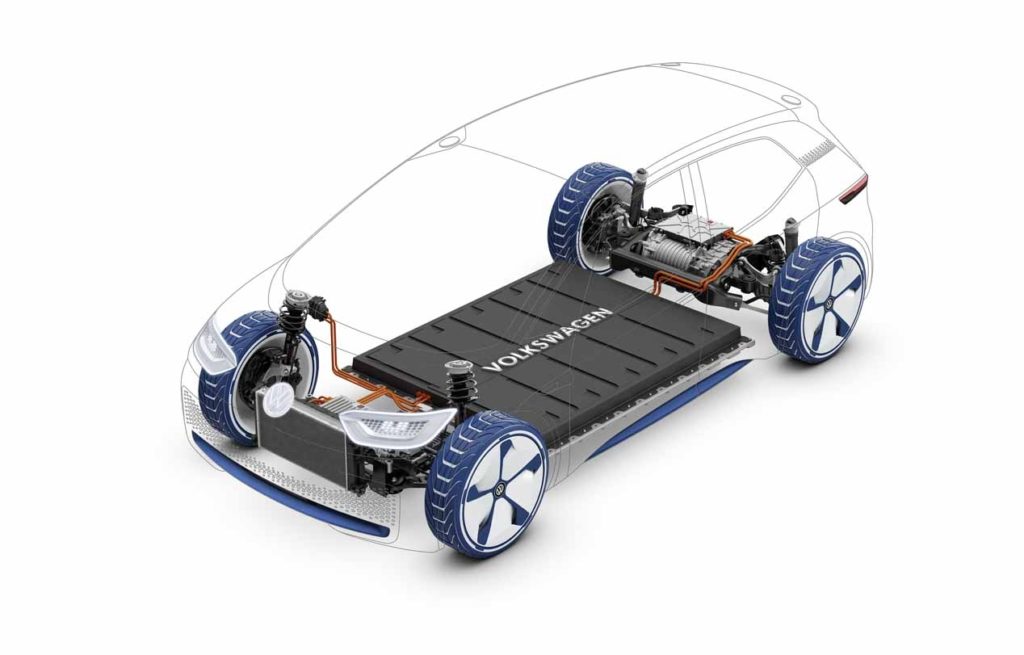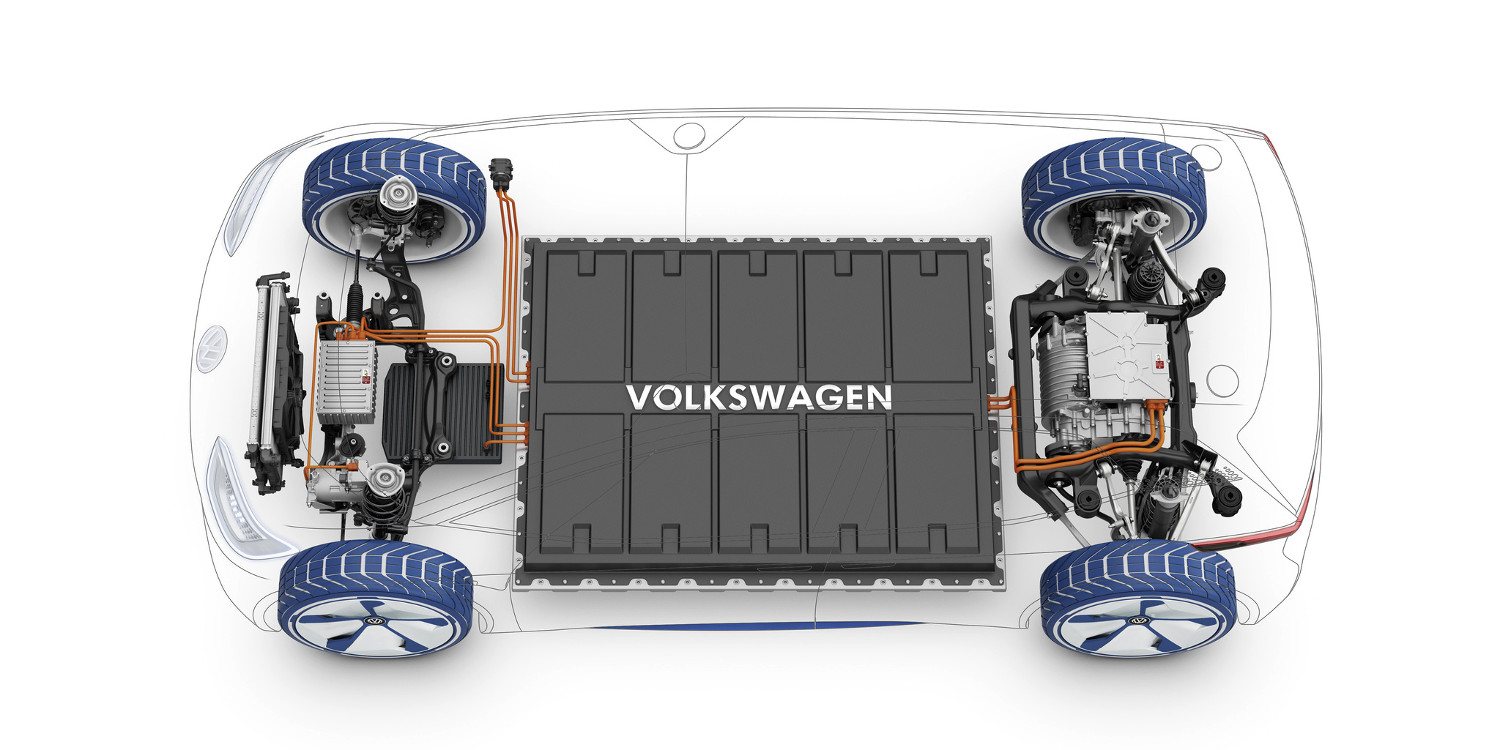Currently, most automakers see the electric car as the future of the industry. When developing these types of vehicles, the brands are adopting two radically different strategies. Some are committed to creating multi-energy platforms capable of housing thermal, hybrid, and electric powertrains, while others are developing specific architectures for 100% electric cars.
Advocates of flexible platforms include BMW (UKL-E and HPLC-E platforms), PSA Peugeot-Citroën (e-CMP and e-EMP2 platforms), and Volvo (CMA and SPA platforms). In contrast, companies such as General Motors (BEV3 platform), Hyundai (E-GMP platform), the Renault-Nissan-Mitsubishi Alliance (CMF-EV platform), or the Volkswagen Group (MEB and PPE platforms) have opted for 100% electric architectures.
In the specific case of Volkswagen, the MEB platform will serve as the basis for the vast majority of the group’s electric cars (the PPE will be reserved for high-end models), from compacts such as the ID.3 to SUVs such as the Audi Q4 e-Tron. This architecture will be the cornerstone of the German company’s massive electrification project, even offering it to third-party manufacturers such as Ford to develop their electric cars from it.

Klaus Bischoff, head of design at Volkswagen, says that not developing a specific platform for electric cars is “a mistake.” “Electric powertrains offer designers the opportunity to come up with a whole new design approach. Our goal is to develop something that gives customers great benefits: a small footprint, a great interior, and fully digital architecture. Keeping [an electric car] on a traditional platform would have been the wrong decision.
There is more freedom [with a dedicated electric car] because the volume and proportions of the vehicle are different. With the internal combustion engine out of the game, you can change the dimensions and body styles and have a lot more flexibility, particularly in terms of interior design.”
Despite everything, Bischoff is aware that brands cannot be too radical when it comes to designing electric cars so as not to “scare” buyers: “We are on this journey together. If you go too far and enter a design field that is different but not balanced or stylistic, you may lose customers. You need to be brave, but you have to do it step by step.”

